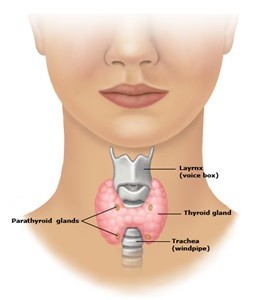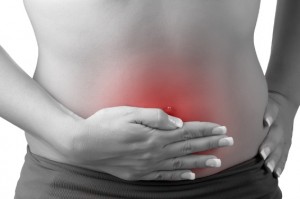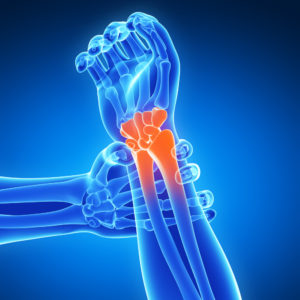Hello,
Below are three successful patient cases with spine pain, hypothyroidism, and post-surgery intestinal pain. The intention of sharing these cases is to increase awareness within the local community about the benefits of acupuncture.
Case #19: male, age 43, auto mechanic
 Chief complaint: spine pain
Chief complaint: spine pain
Complaints: Periodic severe neck and low back pain that last for a few months and then subsides to a manageable degree. Overtime work is preventing a good rest.
Treatment process: The patient had acupuncture only twice a week for the first two weeks. The pains had reduced immediately and significantly. But overall, they were not improving due to physical demands and long hours at work. The patient was given magnet instruction to place them on at night before sleep and to take them off in the morning. He did so on average of five nights per week. He noticed an accelerated improvement even with once a week acupuncture visit. By the end of third week of magnet therapy, the patient reported consistent improvement by 70-80%. His work demands remained the same.
Discussion: This is a clean case displaying the power of acumagnets. Here, we can compare the difference between acupuncture and acumagnets. For some, it is impractical to get acupuncture twice or three times a week due to a schedule conflict. With a tool in hand for self-administration, the patient can self-treat his problems using magnets at home.
Case #20: female, age 55, pet groomer
 Chief complaint: hypothyroidism
Chief complaint: hypothyroidism
Complaints: She has low thyroid and not taken medication yet. She has dips of drained energy occurring several times a day. Menopause symptoms are several hot flashes during the day and 2-3 night sweats per night. She has chronic low back, hips, wrist, and thumb pain from working long hours.
Treatment process: The patient was initially prescribed Chinese herbal formula Xiang Fu Ba Wu Tang for 20 days. Her joint pains related to work recovered faster than before. However, her hot flashes did not subside, indicating this formula may not be optimal for her overall condition. The herbal formula was switched to Sheng Yang Yi Qi Fu Zi Tang for 6 weeks. Thereafter, blood lab test showed normal functioning thyroid. Her stamina is good without any dips of energy. Her aches and pains recovered much faster. She was given additional one month of the formula to ensure stability.
Discussion: A well-known formula Sheng Yang Yi Qi Fu Zi Tang used to treat hot flashes for Lesser Yin had not only relieved the symptoms but also eliminated the hypo-function of thyroid.
Case #21: male, age 49, finance
 Chief complaint: post-surgical intestinal pain
Chief complaint: post-surgical intestinal pain
Complaints: 4 weeks ago, the patient had a surgery for fixing an anal-fistula, which is an abnormal duct between two openings. Usage of laxative to clear the bowel may have caused irritation in the intestines with now symptoms of nausea, diarrhea, cramps, and inflamed sensation. He sought treatment because the improvement rate was too slow.
Treatment process: The patient was given a Chinese herbal formula Tai Yin Tiao Wei Tang. He was seen a total of 3 times, with 10 days apart from each visit. The patient noticed immediate relief with acupuncture. With Chinese herbs, he was seeing daily improvement at a faster rate. On the 20th day, which is the third visit, the patient reported 80% relief. The consistency of the bowel was firming up from soft. All symptoms were improved, with less nausea, bloating and discomfort in the lower abdomen. He was able to exercise more aggressively without eliciting the pain.
Discussion: This patient was seen three years ago for pain in the elbow, shoulder and low back, all of which improved significantly with acupuncture. Using the same body type diagnosis, the identical acupuncture points and a variation of herbal formula were prescribed with success.
Disclaimer: Acupuncture results may vary since each individual case is different.
Sincerely,
David Lee
Ph.D. in Oriental Medicine
Licensed Acupuncturist
166 N. Moorpark Road #201
Thousand Oaks, CA
805-497-6200
www.davidleeacupuncture.com









